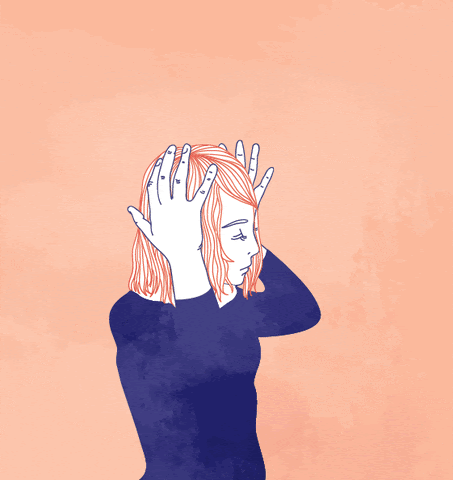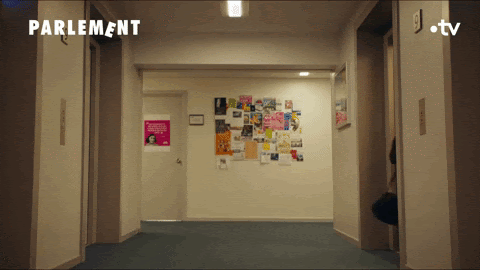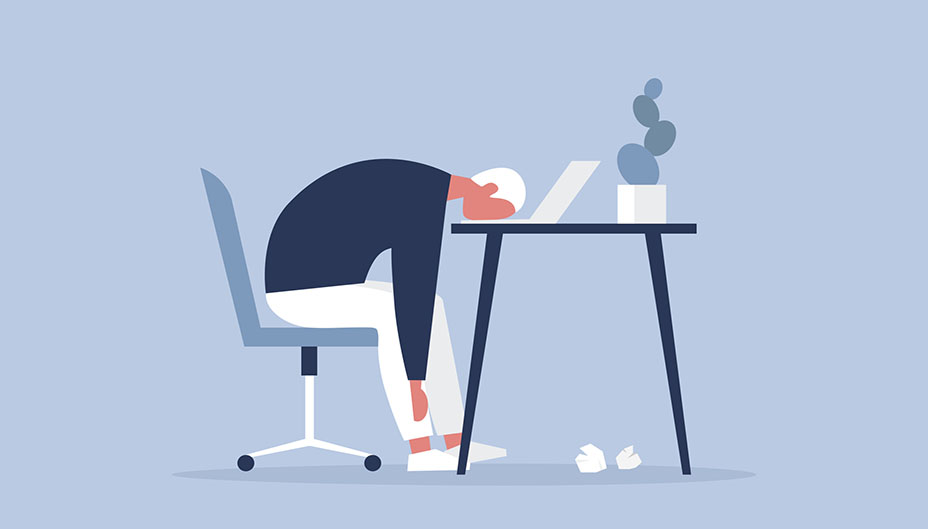Let the first stone be thrown at anyone who has never looked at Facebook or Instagram while having several tasks to do! Procrastination – the art of dedicating time to more pleasurable things and leaving everything to the last minute – has been the subject of several conversations.
While some argue that it disrupts our lives, others claim that it can help us. But, after all, is procrastination capable of generating something good for our daily lives? Studies suggest so because procrastinating can stimulate your creativity. Check it out:
Procrastination stimulates creativity

This idea was presented by student Jihae Shin to Adam Grant, a professor at the University of Pennsylvania, in the United States. In a lecture on surprising habits of original people, the professional presented the hypothesis of his advisor and explained how she managed to prove this.
According to Grant, the researcher proposed to prove that procrastinating can help an individual to have more original, creative and innovative ideas. To this end, she asked university students to come up with a proposal to open a new business on the campus of the university.
The group ended up dividing itself spontaneously into two parts: the first focused to solve the problem immediately, while the second was playing video games and being distracted before completing the challenge. The result of the experiment proved that the people who procrastinated before proposing an entrepreneurial idea proved to be more innovative, original and creative. The first group, which has been committed to the idea since the beginning, presented quite conventional projects.
In the study, there was also a part of the second group that only managed to deliver the project minutes before the deadline – and even so, presented easier and more basic solutions than the others. This indicates that, even though procrastination can stimulate creativity, it will only happen if the person is committed to completing the task and, even carrying out other activities, also thinking about the problem that must be solved.
Procrastination decreases stress levels
Procrastinating can decrease stress levels in the short term. According to research by Roy Baumeister and Dianne Tice, published in the book Self-regulation, self-control, people who procrastinate tend to have better health than others. However, in the long run, they become stressed with deliveries and raise their anxiety levels.
Procrastinating makes us complete tasks faster

If we take into account Parkinson’s Law – which argues that work expands based on the time we set aside for it – procrastinators complete tasks more quickly. This is because people who start activities as soon as they receive them spend more time thinking about the same idea, while those who procrastinate manage to finish them at the same time but doing other things together.
Procrastinating helps you make better decisions

In the book Wait: the art and science of delay , Frank Partnoy argues that postponing a decision until the last second gives us the opportunity to think and reflect on various possibilities and solutions. So, according to this logic, procrastinators tend to make more assertive decisions.
But why is procrastination considered a villain?

The answer to this is simple: in the long run, procrastinating can create serious problems for an individual’s life, such as increased levels of stress and serious health conditions. In addition, by dividing the attention of those who are performing a task, procrastination can affect the quality of work.


Be First to Comment